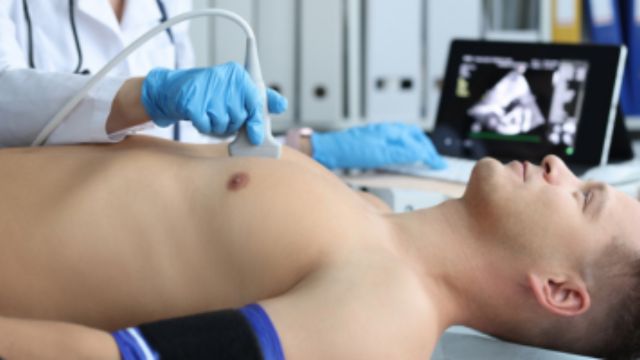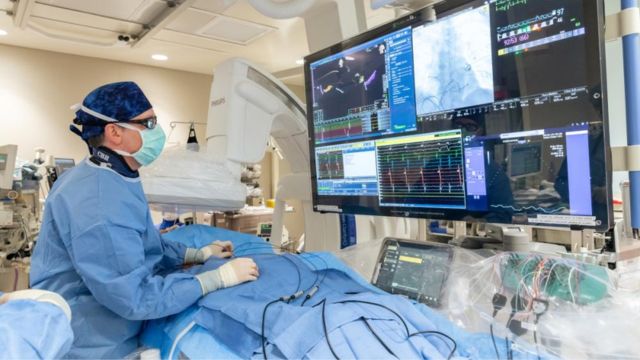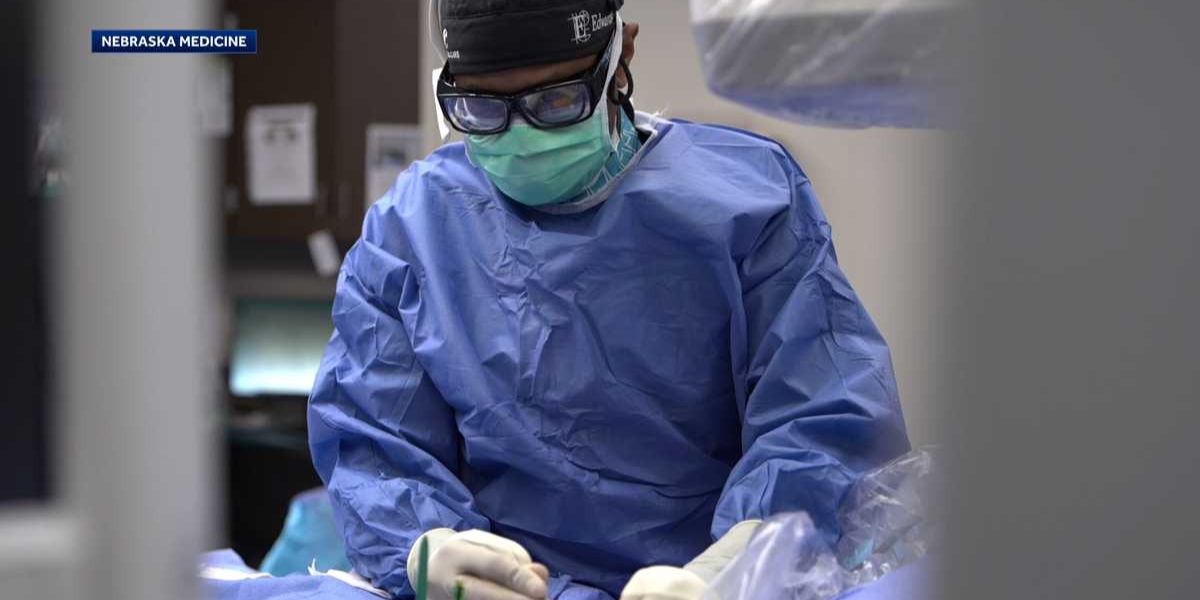Nebraska Medicine Introduces Advanced Heart Procedure for AFib Patients
Debarylife – On March 11, Doris McCann woke up from her anesthetic at Nebraska Medicine and was shocked by her feelings.
“I felt normal — like did they do anything?” said she. “They assured me that they did.”
McCann, 63, was the first patient in an eight-state area to have pulsed-field ablation, a novel heart technique.
Pulsed-field ablation, often known as AFib, is a technique that was approved by the FDA in December 2023.
Dr. Jason Payne, a cardiologist at Nebraska Medicine, stated, “There are more patients who need this procedure, so it cannot be more timely in terms of getting this technology.”
One kind of arrhythmia, or disorder, where the heart beats erratically is atrial fibrillation.
“Think of it as a very chaotic, disorganized, rapid rhythm involving the atria of the heart,” Payne said.
By 2030, atrial fibrillation will be diagnosed in over 12 million Americans, predicts the Centers for Disease Control. According to the most recent data, it accounts for around 200,000 deaths annually as the leading cause of death.

“AFib is one of the biggest factors of poor quality of life,” Payne stated.
In 2022, McCann became aware of an issue when she received a Christmas gift from her spouse. The device was an Apple Watch.
“I started getting notifications that my heart race was fast and I wasn’t doing any activity,” she explained.
While she was seated, McCann claimed that her heart rate may reach 200 beats per minute.
“I was scared because I was like, ‘What does this mean,'” she recalled. She was eventually directed to Dr. Payne and Nebraska Medicine.
Payne claims that aseveralfactors, such as age, high blood pressure, and diabetes, might result in AFib.
Although it cannot be cured, it can be managed, he noted. Medication or, frequently, an ablation technique can be used as a form of treatment.
“It usually involves the advancement of catheters into the heart and targeting tissue with previously some sort of thermal energy,” he explained.

However, there are hazards associated with ablation techniques that involve thermal energy, such as intense heat or cold.
“The problem is collateral damage,” he stated. “The heart is in the chest, and there are other structures around the heart that can be collaterally damaged by thermal energy.”
The esophagus, lungs, and frenzied nerve are a few examples of these structures.
Thermal energy is not used in the newly approved pulsed field ablation technique. According to Payne, the tissue is denatured and rendered electrically inactive by the use of a hydrating electrical field.
Payne explained that because cardiac tissue responds differently to the technology than other types of tissue, doctors can safely ablate parts of the heart without endangering neighboring tissues.
“The difference with this procedure is it pushes our limits in terms of safety,” he stated. Only a few hours after her procedure, McCann was released from the hospital.
“Pretty amazed at what technology does today,” she replied. “It seems somewhat amazing that such a small pulse can regulate your heart rate.
How did she feel, exactly, three days following the procedure? Her words, “I feel great,” “Totally back to my normal self.”
As more and more Nebraskans are receiving Afib diagnoses, Payne now hopes to take advantage of the effectiveness and safety of pulsed-field ablation.
“We need to do this procedure faster and safer than we have previously so it helps us meet the demand of our community,” he stated.











